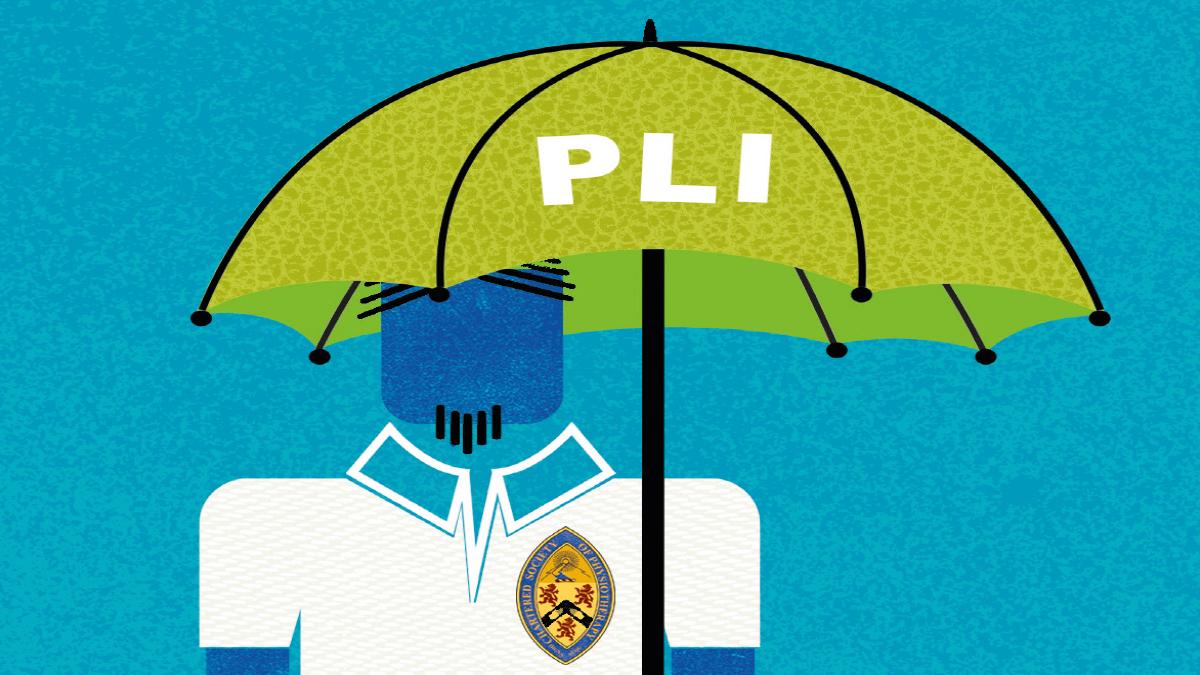CSP’s professional liability insurance scheme is one of the benefits most highly valued by our members, but it's also one that is poorly understood. It remains the most common theme of enquiries to the CSP’s professional advice service. Professional advisers Pip White and Sara Conroy reiterate the basics and explain what has changed
The basics
The CSP’s professional liability insurance (PLI) scheme provides two separate insurance policies for you. Firstly, medical malpractice insurance which covers claims for personal injury to your patients arising from your work. Secondly, public liability insurance which covers non-personal injury claims that are not associated with your treatments.
The scheme covers your individual work for all activities within the scope of physiotherapy practice in whatever setting you work in, and whether you work full or part-time or volunteer. Employers are responsible for insuring their employees but if you undertake any work outside of any employment contract, maybe even only volunteering once a week at your child’s sporting event or helping family and friends, you must ensure you have appropriate insurance in place.
Sometimes things do go wrong, and a patient may seek to sue you for harm they allege you caused. If this happens, our advice is not to panic as we have a well-established process in place to support you which you can access here.
You must contact our insurance brokers and complete a claims notification form. Once this is done, our brokers and claims lawyers will manage everything for you.
Exclusions
It is your responsibility to make sure you read the terms, conditions, and exclusion of the CSP scheme, which are provided on the CSP website.
Some historic exclusions include: the treatment of animals, certain male professional footballers, acupuncture for fertility and spinal injections. There are also geographical and time limitations to overseas cover. From July, the scheme will no longer cover the use of acupuncture and/or needling to the thoracic region.
Decisions to exclude cover are based on insurance risk, not clinical risk. If a physiotherapy activity is excluded, it does not mean that members cannot do it, it simply means they must have alternative insurance in place.
Students
All student members are covered by the CSP PLI scheme for all activity while on placement and working under the supervision of a registered healthcare professional. This does not have to be direct one-to-one supervision, but at all times a registered health professional or social worker must be responsible for checking that what has been done is safe and appropriate.
As more and more placements are now in the private or third sectors it is imperative that students have adequate cover in place. The CSP PLI scheme will provide the cover needed, subject to the terms and conditions of the policy. The placement provider must also ensure they have appropriate cover in place to support practice placements.
Where student members undertake ‘placements’ abroad in the period between completing their programme and subsequently graduating and/or starting work as a physiotherapist, they will need separate insurance. Find out more on practice placements and electives here.
Independent practice
We have made significant changes to our policy in recent years to make it more attractive to private practitioners. We have increased the turnover cap to £200,000, ensured that self-employed practitioners are covered to take pre-registration students on placement, and included companies and partnerships with non-CSP member silent partners. We are aware that many private practitioners struggle with aspects of our scheme, and we want to make it as straightforward as possible. We plan to run webinars on this subject this year. If you have specific issues you would like covered, please do contact us via: pli@csp.org.uk
Working with primary care
One significant emerging theme for PLI for is the changing nature of contracting arrangements in primary care. These are complex, often including sub-contacting to individuals, who become, in effect, self-employed to deliver NHS services. GP services are indemnified by a state-backed Clinical Negligence Scheme for GPs.
Members who are not directly employed within primary care, and instead work through intermediary companies, locum agencies or through other clinics, must ensure that they understand who is providing indemnity cover and that it is appropriate for their work. It is essential that you obtain and retain a copy of your contractual agreement with the service provider, as this will need to be provided in the event of any claim arising. A service specification and/or job description is not sufficient.
Members who choose to contract their services through their own corporate entities to GP practices are advised to seek individual insurance advice to ensure they have appropriate indemnity in place.
Find Out More
Number of subscribers: 1

